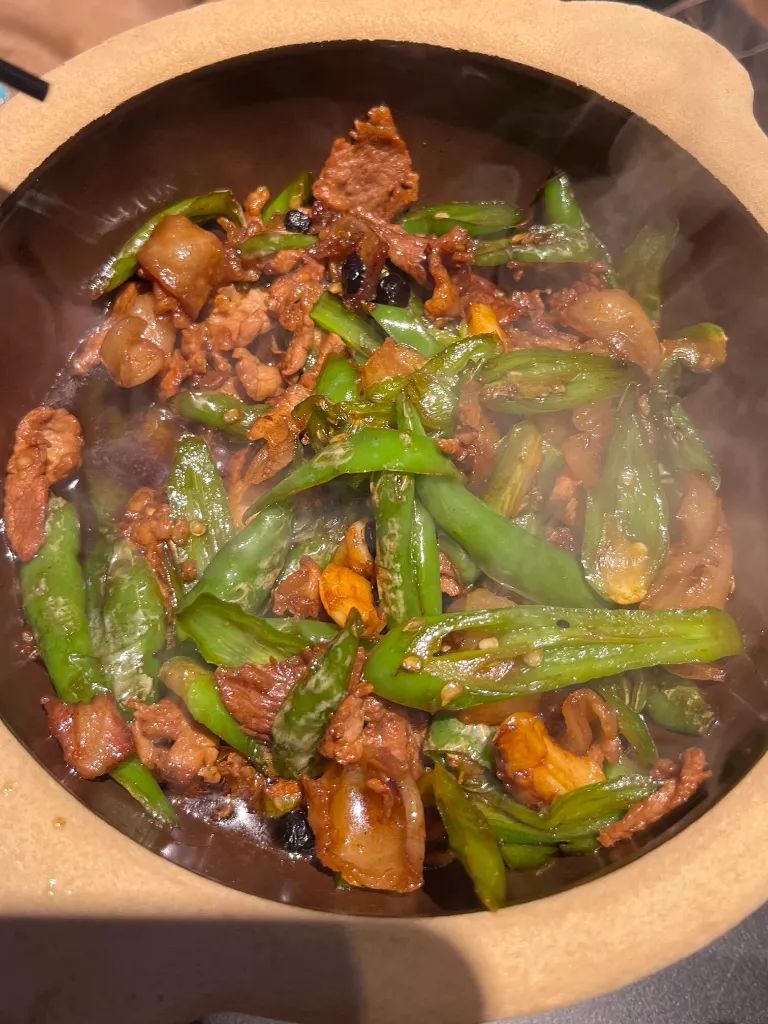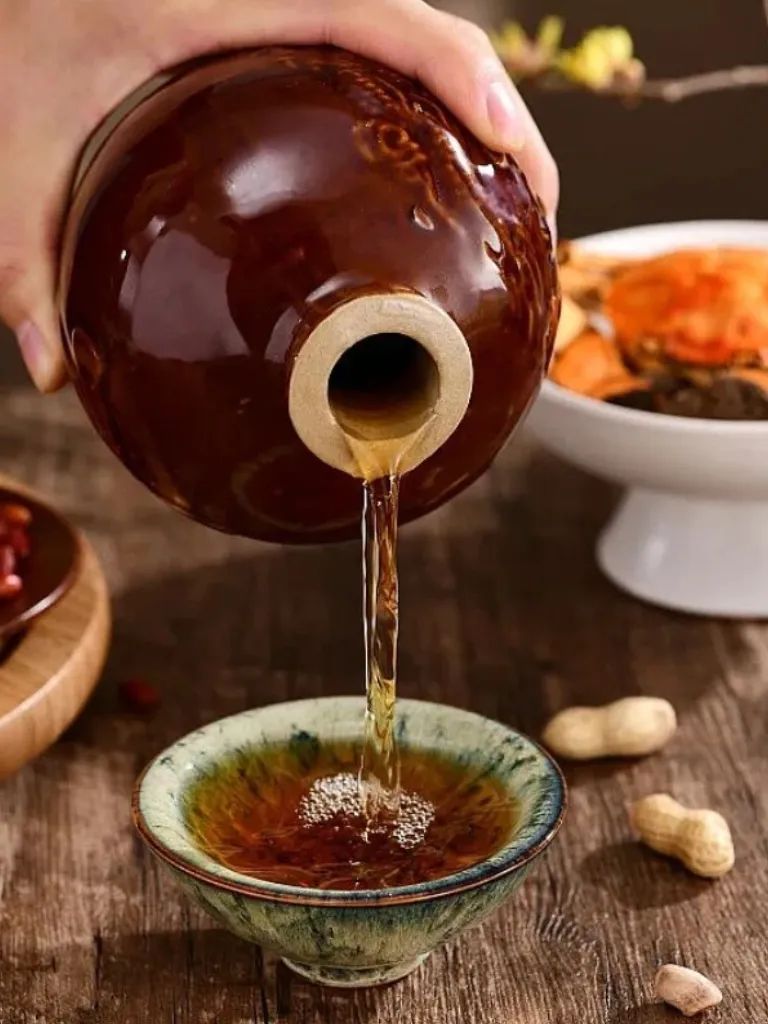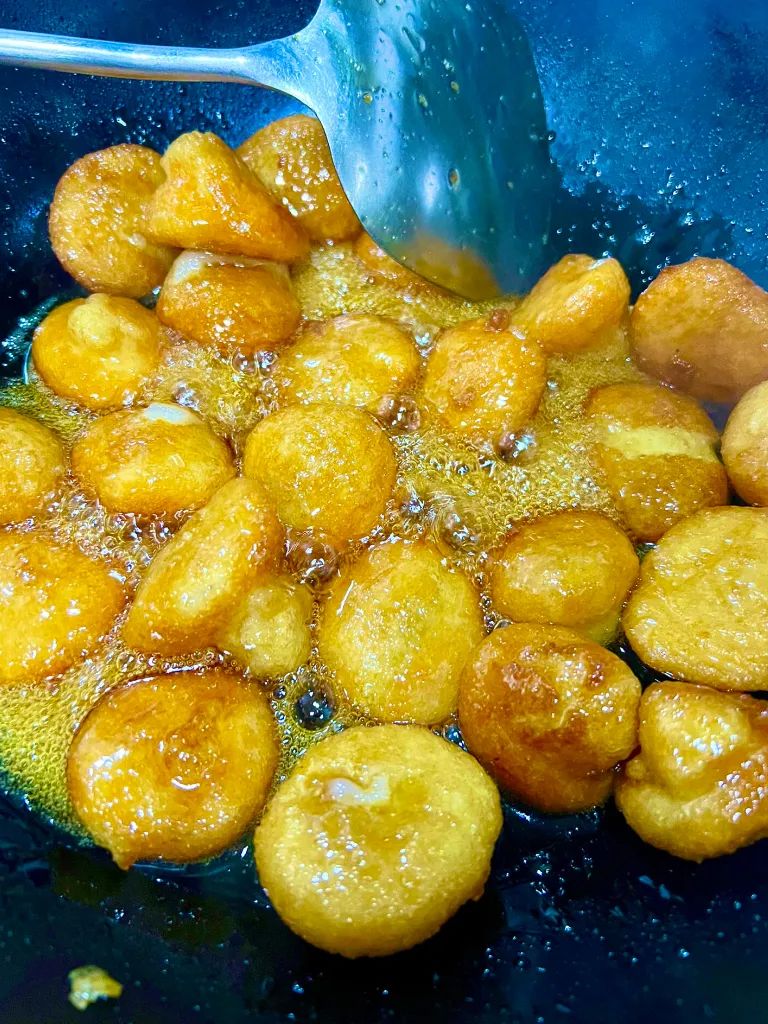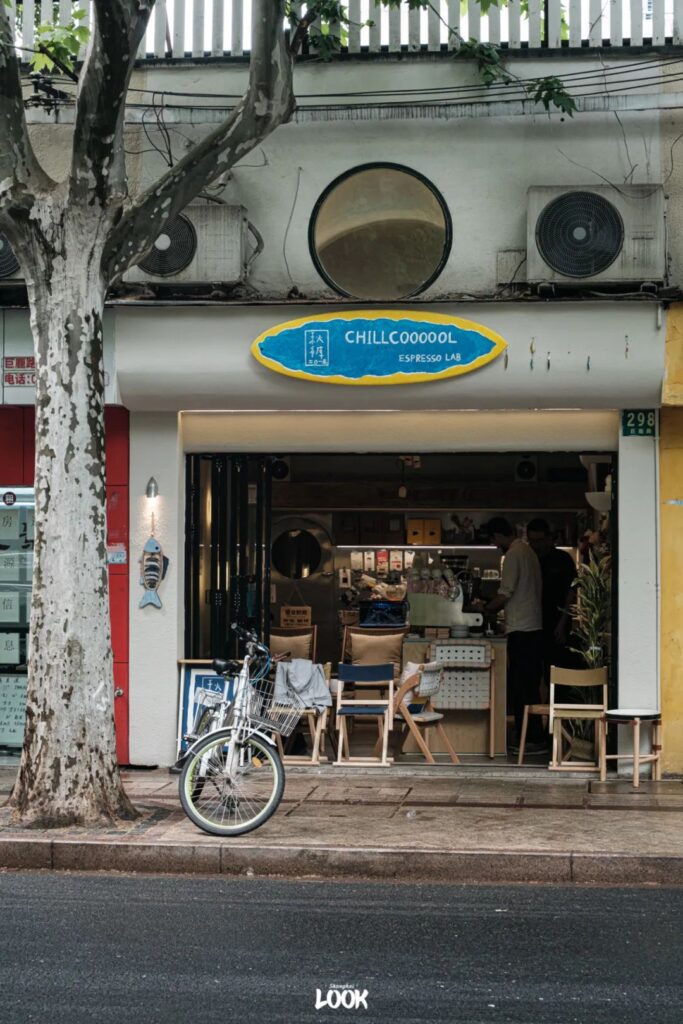Zhangjiajie, located in the northwestern part of Hunan Province, is renowned for its unique mountain and water scenery, as well as its extraordinary karst landforms that have captivated countless visitors.
However, beyond the magnificent natural landscapes, this beautiful land also boasts a wide array of mouthwatering culinary delights. The cuisine of Zhangjiajie is a fusion of the fiery flavors of Hunan cuisine and the distinctive characteristics of ethnic minorities such as the Tujia and Miao, resulting in a unique local flavor. Today, we will take you on a journey through Zhangjiajie to savor the culinary charm of this city nestled among mountains and rivers.
I. The Historical Origins of Zhangjiajie Cuisine
Zhangjiajie’s culinary culture is rich and diverse, deeply influenced by various cultures, including Hunan cuisine, Tujia, and Miao ethnic cuisines. Situated in a mountainous region with a humid climate, Zhangjiajie is abundant in agricultural products and wild delicacies, providing high-quality ingredients for its cuisine. The dietary habits and cooking techniques of ethnic minorities like the Tujia and Miao have also added unique flavors and cultural connotations to Zhangjiajie’s food.
Zhangjiajie cuisine emphasizes spiciness and aroma, focusing on the perfect combination of color, fragrance, and taste. Most dishes are made with fresh ingredients and prepared using various cooking methods such as steaming, boiling, stewing, and stir-frying. The cuisine incorporates the fiery and rich flavors of Hunan dishes while also showcasing the light and refreshing tastes of mountain delicacies, fully reflecting the wisdom and passion for food of the people of Zhangjiajie.
II. Classic Zhangjiajie Dishes
1.Tujia Bacon
Tujia bacon is one of the most representative traditional delicacies of Zhangjiajie. The production process is elaborate, requiring fresh pork to be cured with salt, Sichuan pepper, and other spices, then slowly smoked over a wood fire until golden. Tujia bacon has a bright red color and a unique flavor, combining the smoky aroma with the tenderness of the meat. Bacon can be consumed directly or stir-fried with various vegetables to create a delicious dish.

2.Three-Course Pot
The three-course pot is one of Zhangjiajie’s signature hot pot dishes, widely popular for its abundant ingredients and unique taste. The name “three-course pot” comes from its cooking method, where meat, vegetables, and bean products are cooked in three separate stages. The broth for the three-course pot is usually made with pork bone or chicken soup, seasoned with chili peppers, Sichuan pepper, and other spices, resulting in a rich and flavorful taste.
The three-course pot is not only a beloved homestyle dish among locals but also a must-try for tourists seeking to experience the authentic flavors of Zhangjiajie.

3.Tujia Sauce Pancakes
Tujia sauce pancakes are a traditional snack in Zhangjiajie, renowned for their crispy texture and rich sauce aroma. To make the pancakes, the dough is kneaded into a round shape, coated with a special sauce, and then baked in an oven until golden and crispy. The pancakes have a crisp exterior and a soft interior, filled with the enticing aroma of the sauce, making them a delightful treat in the daily lives of Zhangjiajie people.

4.Pig Blood Balls
Pig blood balls are a famous traditional dish in Zhangjiajie, known for their unique preparation technique and delicious taste. To make pig blood balls, pig blood, pork, and glutinous rice are mixed and shaped into balls, then deep-fried until golden. The exterior of the pig blood balls is crispy, while the inside remains tender, creating a nutritious and appetizing local specialty.

5.Stir-Fried Pork with Chili Peppers
Stir-fried pork with chili peppers is a classic dish in Hunan cuisine and a common delicacy on the dining tables of Zhangjiajie residents. To prepare this dish, fresh pork is sliced and stir-fried with green and red peppers, seasoned with the right amount of salt, soy sauce, and other condiments until the pork is tender and the peppers release their fragrant aroma. The dish has a bright red color and a savory taste, making it an excellent accompaniment to rice.

6.Tujia Yellow Wine
Tujia yellow wine is a traditional beverage of the Tujia ethnic group in Zhangjiajie, beloved for its mellow taste and rich nutrition. The production process involves fermenting glutinous rice and aging it for an extended period, resulting in a fragrant and full-bodied wine. Tujia yellow wine can be enjoyed on its own or used to cook various dishes, enhancing the flavors of the cuisine.

III. The Street Food Culture of Zhangjiajie
In addition to its rich array of homestyle dishes, Zhangjiajie boasts a dazzling variety of street food, which not only forms an essential part of the city’s culinary culture but also serves as the best way for tourists to experience the authentic flavors of Zhangjiajie.
1.Grilled Corn
Grilled corn is one of the most common street foods in Zhangjiajie, popular for its sweet taste and simple preparation process. To make grilled corn, fresh corn is husked and then grilled over charcoal until golden, before being brushed with honey or butter. The perfect blend of the corn’s sweetness and aroma creates a delightful treat that visitors to Zhangjiajie should not miss.

2.Glutinous Rice Cakes
Glutinous rice cakes, known as “baba,” are a traditional snack in Zhangjiajie, renowned for their soft and chewy texture and rich fillings. To make glutinous rice cakes, glutinous rice is steamed and kneaded into a dough, then filled with red bean paste, sesame, or other ingredients, and finally pan-fried until golden. With a crispy exterior and a sweet interior, glutinous rice cakes are a classic choice for breakfast or snacks among Zhangjiajie locals.

3.Tujia Rice Wine
Tujia rice wine is a traditional beverage of the Tujia ethnic group in Zhangjiajie, known for its sweet taste and unique production process. The preparation involves steaming glutinous rice, then adding yeast and allowing it to ferment for an extended period, resulting in a fragrant and sweet rice wine. Tujia rice wine can be consumed directly or used to cook various dishes, enhancing the flavors of the cuisine.

IV. The Modern Interpretation of Zhangjiajie Cuisine
As times change and living standards improve, Zhangjiajie cuisine continues to innovate and evolve. Some traditional Zhangjiajie dishes have been refined by modern chefs to better suit contemporary tastes while retaining their original characteristics and flavors. For example, the traditional three-course pot now incorporates more ingredients, such as seafood and mushrooms, making its taste more diverse. Traditional Tujia bacon has also been developed into various flavors, such as spicy bacon and herbal bacon, which are particularly popular among younger generations.
Moreover, Zhangjiajie’s catering industry is continuously expanding, with Zhangjiajie-style restaurants found throughout the country and even worldwide. Some well-known Zhangjiajie restaurants, such as Tujiaren Jia and Miao Village Flavors, not only attract a large number of local diners but also draw many tourists from other regions to taste authentic Zhangjiajie cuisine.
Conclusion
The culinary culture of Zhangjiajie is a crystallization of the wisdom of its people and an essential component of the city’s history and culture. Whether it’s traditional homestyle dishes or unique street food, Zhangjiajie cuisine has captivated countless food lovers with its distinctive charm. In this city filled with natural beauty and cultural heritage, each dish has a rich historical background and cultural story waiting to be discovered and savored.
If you have not yet tasted Zhangjiajie cuisine, why not take some time to visit Zhangjiajie and personally experience the delicacies and allure of this city? We believe that a culinary journey through Zhangjiajie will undoubtedly leave you enchanted and yearning for more.





